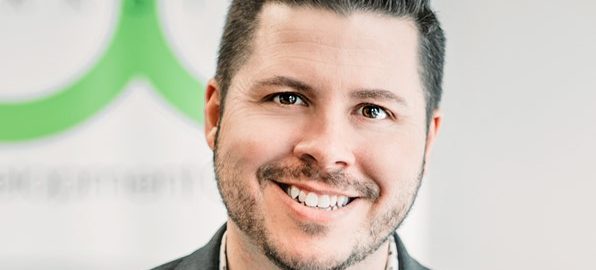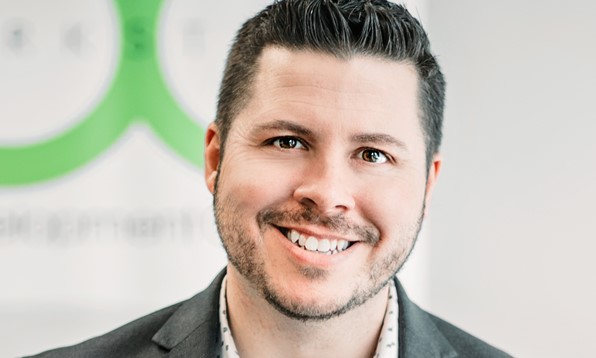
New York needs Pragmatic approach to Power our Future
A lot has changed since New York passed the Climate Leadership and Community Protection Act (CLCPA) in 2019.
In those five years, the New York State Economic Development Council (NYSEDC) has been working with businesses as well as community and state leaders to find the right balance between sustainability, reliability and practicality. It is essential to dramatically increase our renewable energy production while being realistic about our timelines and goals.
Recently, we’ve seen reports from the New York Independent System Operator, the Public Service Commission, NYSERDA, and NYS Comptroller Tom DiNapoli that all came to the same conclusion: we are not hitting our goal of 70% renewables by the 2030 deadline.
But, this should not be viewed as a failure. New Yorkers have worked hard and have significantly increased the production and transmission of renewable energy since the CLPCA passed in 2019.
This five-year milestone provides an opportunity to re-evaluate our current strategy to make sure we’re generating AND transmitting enough energy while providing reliability for not only today’s energy needs but for an economy that will only continue to grow. We also need to ensure utility rates are affordable for consumers (both residential and commercial) and our CLCPA goals are financially feasible.
To achieve this, ALL options need to be on the table, and we need to be open minded about short term actions which can have long lasting implications including:
- Continuing to bring power from new wind, solar, and hydro onto the grid as expeditiously as possible.
- Embracing newer technologies with carbon/methane recapture that could help make natural gas better for the environment. Even the US Department of Energy recognized natural gas as a short term solution to our energy needs.
- Exploring modular nuclear and methane recapture technologies.
- Supporting onsite cogeneration for new manufacturing.
- Embracing hydrogen and investing in new battery storage.
- Re-evaluating policies like cap and invest as well as all electric buildings regulations. Until we can assure that renewable electricity is economical, reliable, and affordable, we should pause any punitive efforts to businesses or add new regulatory burdens that would hinder development.
- Determining the true cost of transitioning to renewables and the full implementation of the CLCPA.
- Realistically defining what “zero emissions” means.
Some activists with agendas may not agree with some of this, but they can’t reinvent reality. When the PSC, the OSC, NYSERDA, and NYISO are all sounding the alarm, we need to be pragmatic and realistic, not altruistic. We cannot run the public health risk of rolling brownouts or blackouts on our hottest or coldest days.
When New York passed the CLCPA, the NYSEDC and our membership leaned in to help. We worked with our state partners to enact statutory changes authorizing local support for renewable energy projects. Because of these changes, our members have supported over 320 wind/solar energy projects that will generate nearly 5000 MW of clean energy.
The NYSEDC supports the state’s clean energy transition. However, we also strongly believe that New York’s move toward renewables must occur in a methodical manner that safeguards the reliability necessary to foster economic growth and protect public health and safety.
Thanks to the leadership provided by Majority Leader Schumer through the Chips and Science Act and Governor Hochul with the Green Chips and Fast NY Programs, New York will see unprecedented economic growth and billions in new investment over the next decade. These transformative projects and the ancillary community development that these projects will bring require significant power needs. Our state energy policy needs to support this anticipated growth as we transition to a cleaner/greener and economically brighter future.
Ryan Silva serves as executive director of the New York State Economic Development Council, the state’s economic development membership and policy association. He is also a board member of the International Economic Development Council
*sponsored content*

